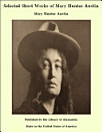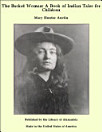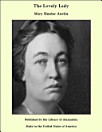A Woman of Genius
About this ebook
There was also a great deal in that story about a certain other celebrity, for her relations to whom the writer was blackballed in a club of which I afterward became a member, and I think it was the things Pauline said about one of the rewards of genius being the privilege of association with such transcendent personalities on a footing which permitted one to call them by their first names in one's reminiscences, that gave me the notion of writing this book. It has struck me as humorous to a degree, that, in this sort of writing, the really important things are usually left out.
I thought then of writing the life of an accomplished woman, not so much of the accomplishment as of the woman; and I have never been able to make a start at it without thinking of Pauline Mills and that curious social warp which obligates us most to impeach the validity of a woman's opinion at the points where it is most supported by experience. From the earliest I have been rendered highly suspicious of the social estimate of women, by the general social conspiracy against her telling the truth about herself. But, in fact, I do not think Mrs. Mills will read my book. Henry will read it first at his office and tell her that he'd rather she shouldn't, for Henry has been so successfully Paulined that it is quite sufficient for any statement of life to lie outside his wife's accepted bias, to stamp it with insidious impropriety. There is at times something almost heroic in the resolution with which women like Pauline Mills defend themselves from whatever might shift the centres of their complacency.








